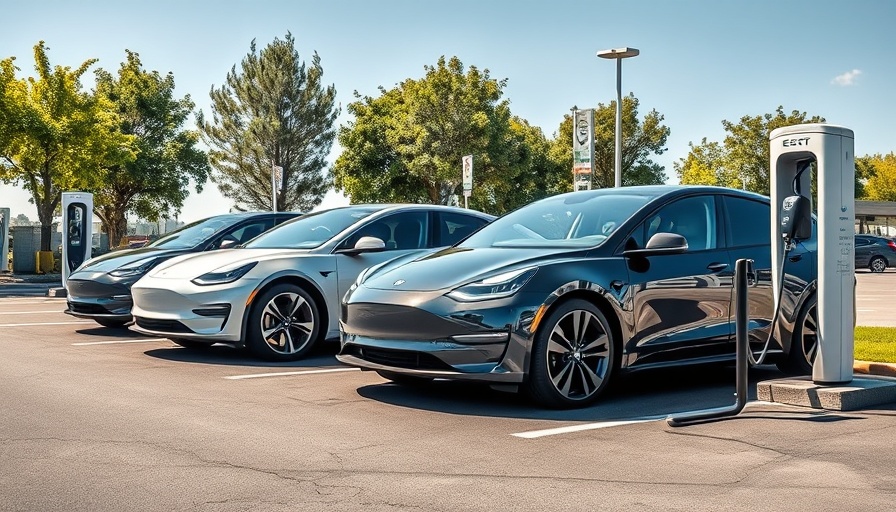
House Republicans Propose Major Shift in Electric Vehicle Policies
A significant political maneuver is underway in Washington as House Republicans advocate for a proposal that threatens to dismantle crucial electric vehicle (EV) incentives. This initiative, part of a sweeping tax reform strategy, proposes to abolish the federal EV tax credits intended to bolster the adoption of green technologies.
Overview of the Proposed Changes
The cornerstone of this legislative plan is the elimination of the $7,500 tax credit for new EV buyers and the $4,000 credit for used cars. These tax incentives have been pivotal in encouraging consumers to transition from traditional fuel vehicles to electric options. It's noteworthy that there remains a fleeting respite for certain automakers who have yet to sell 200,000 EVs, allowing them one more year of access to the new vehicle credit, thereby providing a lifeline to smaller or newer players in the EV market.
The Political Implications of the Proposal
Critics, including Genevieve Cullen, the president of the Electric Drive Transportation Association, have labeled the proposal as "catastrophically short-sighted." This sentiment underscores a fear that curtailing federal EV incentives risks undermining not only U.S. innovation and manufacturing but also federal job growth in a sector increasingly dominated by global competitors, particularly China. Cullen argues this would hand a substantial market edge to international rivals at the expense of American industries.
Continuing Support for Battery Production
Amid the cuts proposed, there remains an important exception: the battery production tax credit. This credit is critical for automotive manufacturers and suppliers who are working to establish and grow production capabilities within the U.S. markets. Nevertheless, starting in 2027, production components sourced from certain Chinese companies may be ineligible for this support, posing challenges for major American brands like Ford and Tesla that rely on such suppliers.
The Broader Economic Context
As the Biden Administration has made strides towards a clean energy strategy, this proposed rollback is raising alarm bells across various sectors. Notably, this year alone, over $2 billion in point-of-sale EV rebates have been dispensed. The proposed legislation also seeks to end a significant loan program aimed at large-scale battery plant projects, which has previously committed billions to joint ventures with automakers such as Ford, Stellantis, and Rivian.
Challenges for the Future of EV Adoption
In addition to tax credit eliminations, the Republican strategy intends to repeal the corporate average fuel economy (CAFE) standards that are set to go into effect in 2027. This move can significantly increase greenhouse gas emissions from new vehicles, raising severe concerns among environmental advocates and progressive lawmakers.
A Tug of War Over Clean Energy Investment
This ongoing legislative tug of war echoes a larger national conversation about the future of clean energy and the role of government in incentivizing or regulating it. Proponents for free-market positions argue for allowing EV markets to operate without government intervention. In contrast, critics express apprehension that such withdrawals will stagnate the progress made in electrifying transportation in the U.S., especially as international investments in EV technology intensify.
Conclusion: The Path Ahead for U.S. Automakers
As the Energy and Commerce Committee prepares to review these proposed measures, the stakes have never been higher. The decisions made in Washington could set the tone for America's automotive industry's future, influencing how competitive U.S. brands remain in a rapidly evolving global market that values clean energy innovations.
In a world where the largest automobile industry players are making teasing investments in technology and infrastructure to lead the market, the U.S. must navigate its own policy environment carefully. Electric vehicle policies will have deep implications for domestic economic health but also reflect America's priorities concerning climate change and industrial viability.
 Add Row
Add Row  Add
Add 




 Add Row
Add Row  Add
Add 

Write A Comment